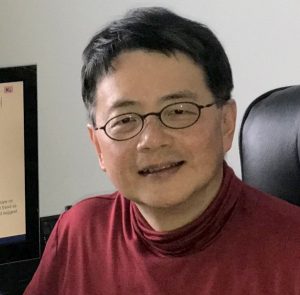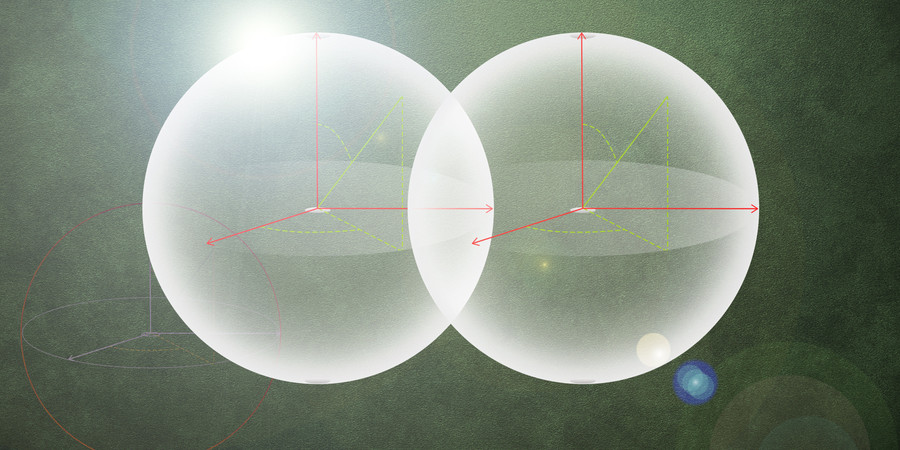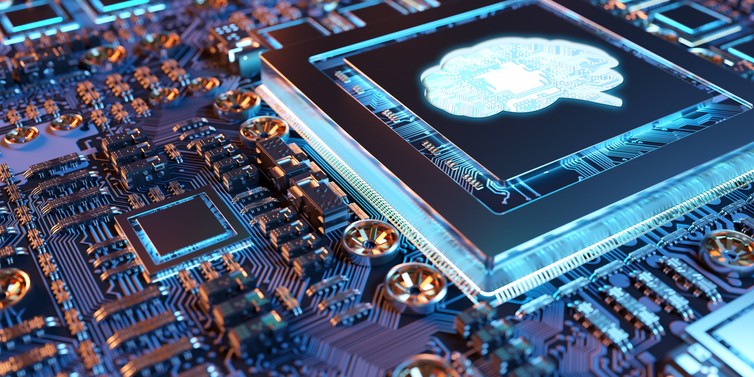Thursday, March 24, 2022 | 2:00pm ET
Speaker: Jonathan Sun, IBM Research
Please join the Zoom webinar here on March 24.
Spin-transfer-torque switchable magnetic tunnel junction is an enabling device that brought the recent technology and product offerings of spin-transfer-torque magnetic random access memory. I’ll review some current understanding, with an emphasis on device and materials physics underpinning switching performance in memory technologies, and the likely requirements for future generations in related applications space. Key considerations include switching current, speed, and data-retention trade-off, and the need to seek more efficient charge-to-spin conversion mechanisms. Finally, I will touch on some nascent applications ideas involving the magnetic tunnel junction as a compact and power-efficient CMOS backend-compatible entropy source for probabilistic computing, and the device physics related to sub-nanosecond stochastic bit-stream generation, with potential applications in computing schemes beyond von Neumann architecture.
 Speaker Bio: Jonathan Sun is a Research Staff Member at the IBM T. J. Watson Research Center. He’s been with IBM Research for over 25 years, and has focused his work over the last decade and more on the device and materials physics of spin-torque and related phenomena and magneto-dynamics. Jonathan got his BS in Physics from Fudan University in Shanghai, China, and his PhD degree in Applied Physics from Stanford University. After a three-year stint at Superconductor Technologies, a start-up in Santa Barbara, he came to IBM Yorktown, first studying device physics related to magnetic field sensing with Josephson junctions and SQUIDs, then on spin-dependent transport physics, materials, and dynamics. Jonathan holds some of the very early patents on spin-torque switched junction device concepts. He is a Fellow of the American Physical Society, and an IEEE Fellow.
Speaker Bio: Jonathan Sun is a Research Staff Member at the IBM T. J. Watson Research Center. He’s been with IBM Research for over 25 years, and has focused his work over the last decade and more on the device and materials physics of spin-torque and related phenomena and magneto-dynamics. Jonathan got his BS in Physics from Fudan University in Shanghai, China, and his PhD degree in Applied Physics from Stanford University. After a three-year stint at Superconductor Technologies, a start-up in Santa Barbara, he came to IBM Yorktown, first studying device physics related to magnetic field sensing with Josephson junctions and SQUIDs, then on spin-dependent transport physics, materials, and dynamics. Jonathan holds some of the very early patents on spin-torque switched junction device concepts. He is a Fellow of the American Physical Society, and an IEEE Fellow.
For a list of all talks at the NanoBio Seminar Series Spring ’22, see here
Explore
MIT Engineers Advance Toward a Fault-tolerant Quantum Computer
Adam Zewe | MIT News
Researchers achieved a type of coupling between artificial atoms and photons that could enable readout and processing of quantum information in a few nanoseconds.
The Road to Gate-All-Around CMOS
Monday, April 14, 2025 | 10:00 AM to 11:00 AM
In-Person
Haus Room (36-428)
50 Vassar Street Cambridge, MA
2025 MIT AI Hardware Program Annual Symposium
Monday, March 31, 2025 | 10:00 AM - 3:30 PM ET
Multiple Speakers




